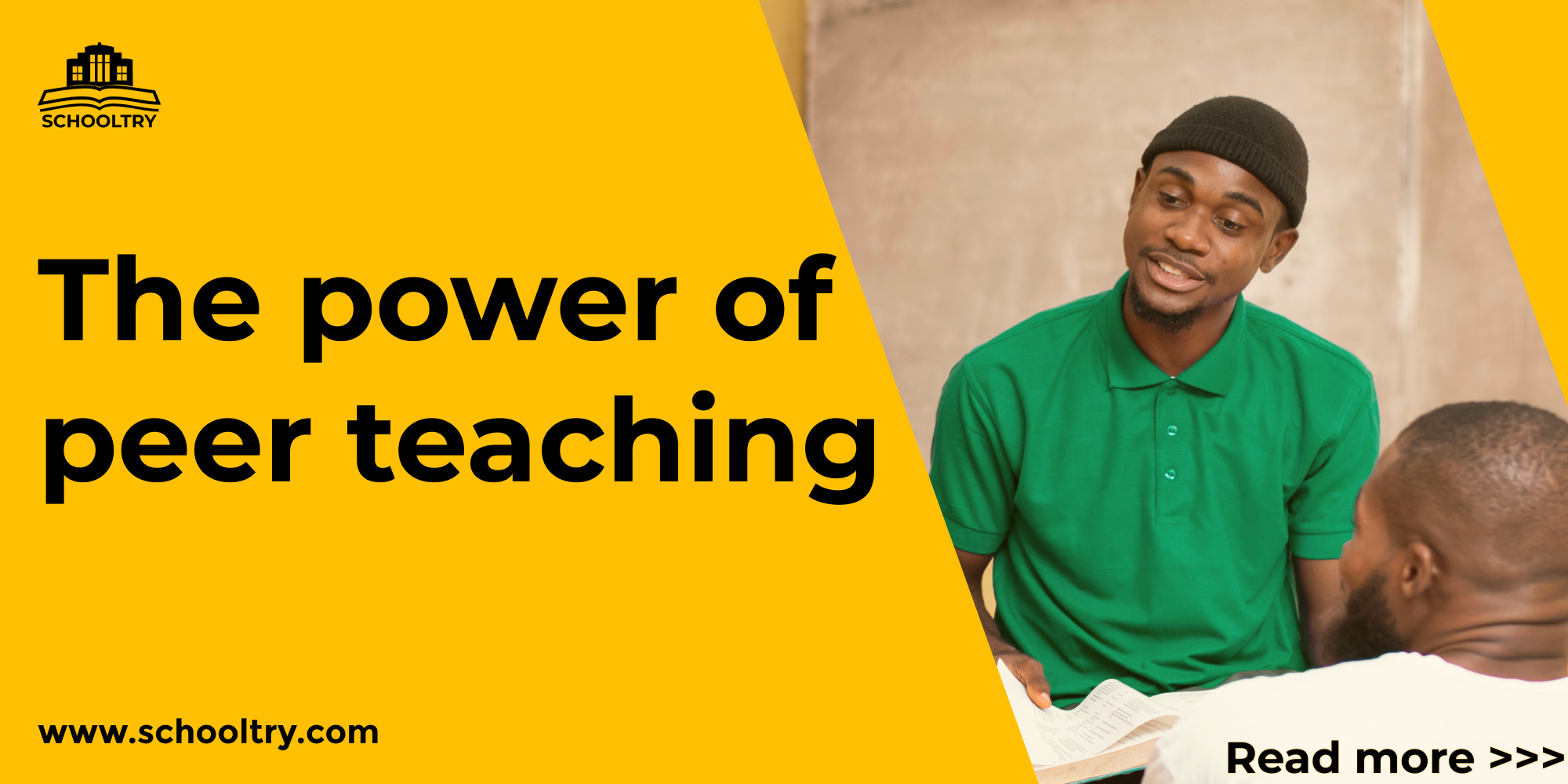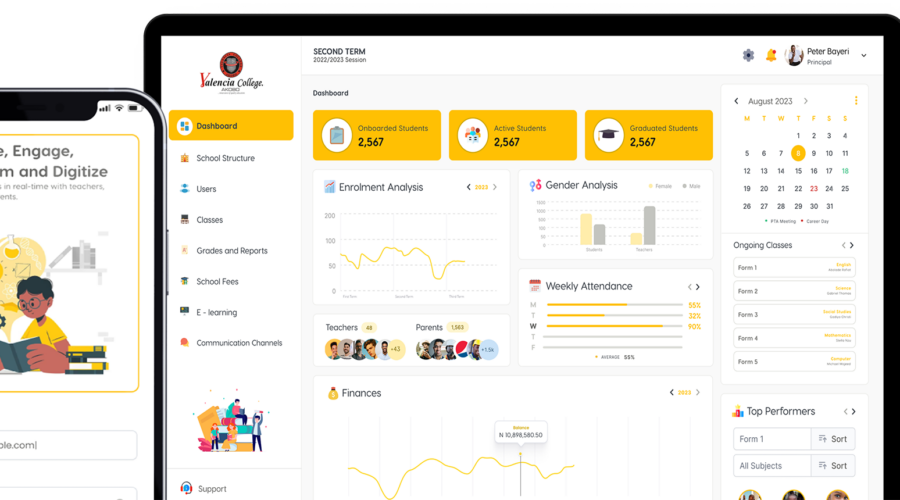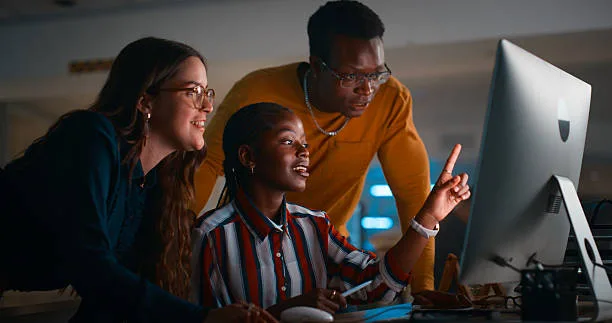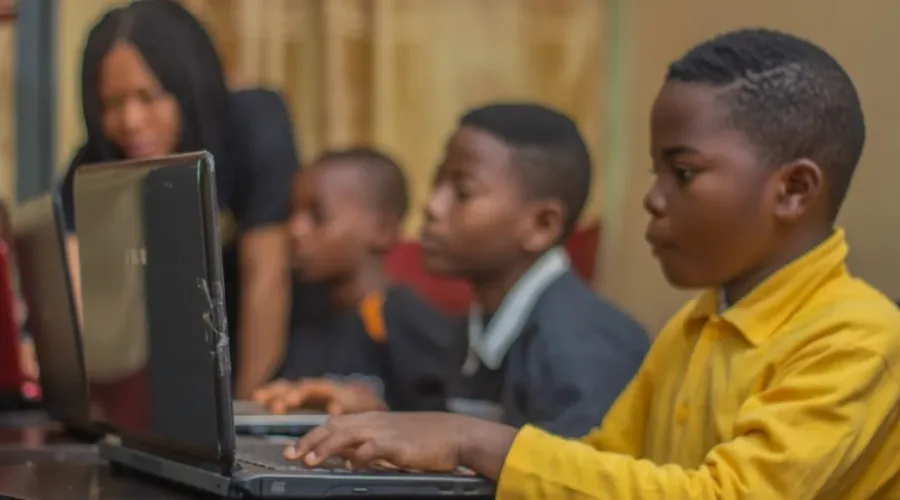The Power Of Peer Teaching
Do you know that when students teach each other, their understanding and retention improve? Research shows a significant difference in students’ performance when they tutor one another compared to traditional teaching methods. This is why a topic like “The Power of Peer Teaching” is essential.
Before we dive in,
What is Peer Teaching?
Peer teaching is a form of academic support where a more knowledgeable student (the peer tutor) helps another student who needs assistance in a particular subject or skill. This learning method encourages students to help and teach each other.
Additionally, the peer tutor explains concepts, provides guidance, answers questions, and generally helps their peers understand the subject or skill.
History of Peer Teaching
The history of peer teaching dates back to ancient times, rooted in the Socratic method, where students engaged in discussions to deepen their knowledge. The modern approach emerged in the 1960s and 1970s in response to the need for a more student-centered, personalized approach to education.
Over time, peer teaching has proven effective because teaching others requires a solid understanding of the subject, which enhances the tutor’s retention and comprehension.
Peer teaching can happen in various settings such as classrooms, study groups, skill acquisition teams, or even online learning platforms.
Benefits of Peer Teaching
1. Building Self-Confidence:
As students take on the role of tutors, they gain a sense of competence and accomplishment, boosting their confidence in their abilities.
2. Improving Academic Performance:
Peer teaching allows personalized learning, giving students individualized attention and guidance. This helps them understand the subject better and improves their academic performance.
3. Enhancing Communication Skills:
Peer teaching provides opportunities for students to explain concepts, ask questions, and engage in meaningful discussions. This develops their communication skills, including articulation, active listening, and effective questioning.
Conclusion
Peer teaching fosters interaction and cooperation among students. It promotes networking, teamwork, and good communication skills, helping students develop essential social skills that will benefit them even after school.
Are you a school owner or administrator in need of a web solution like SchoolTry to automate, digitize, or transform your school operations? Click on this link to register for free and see how it works.




